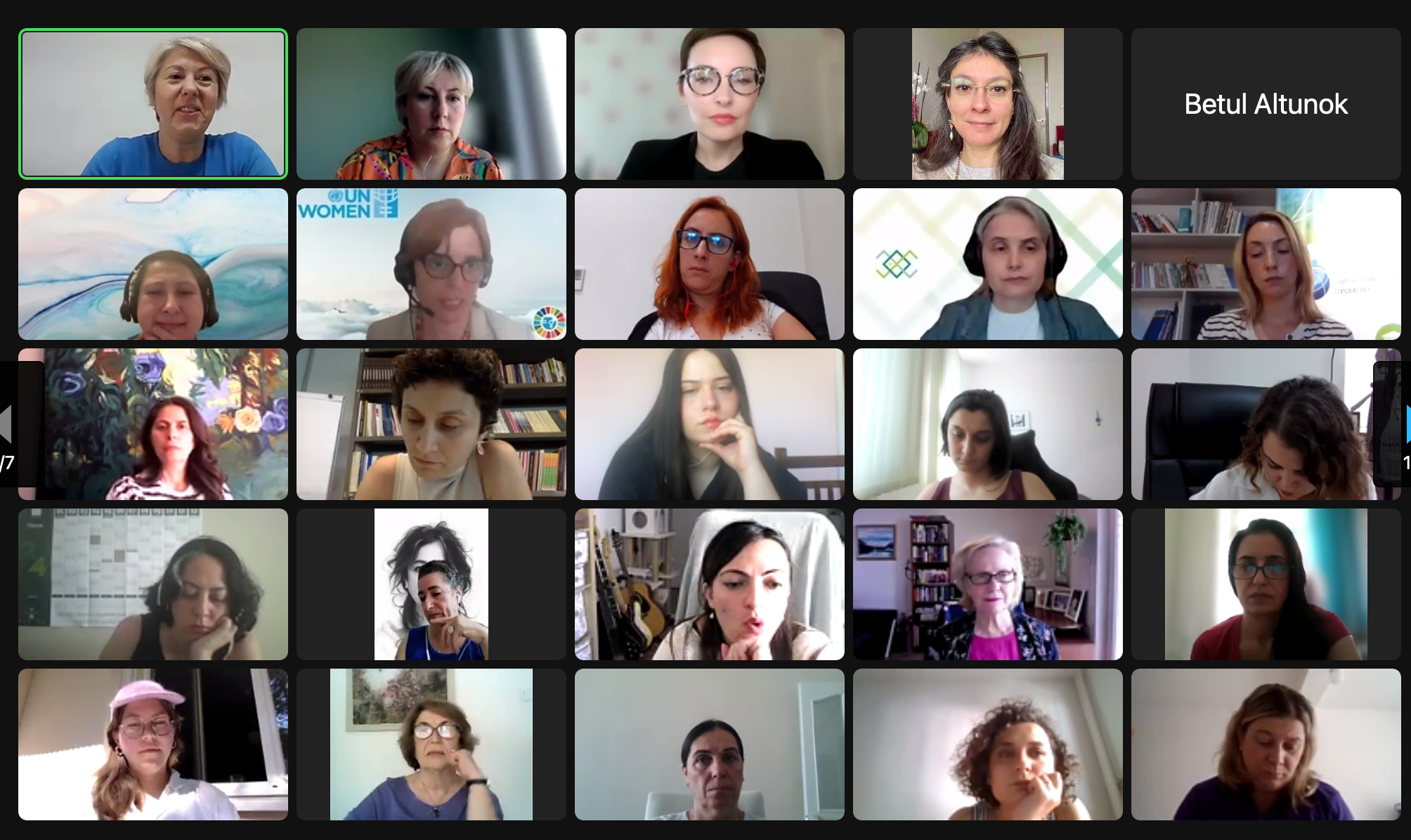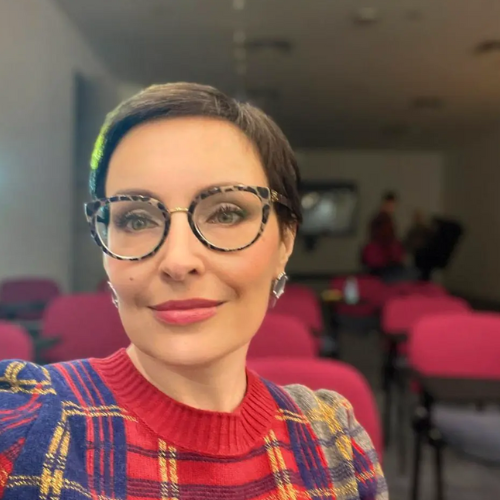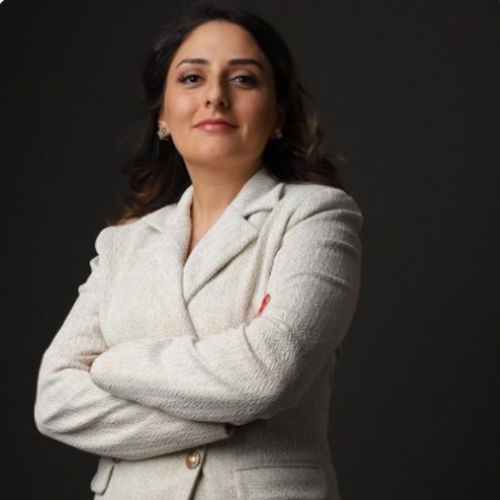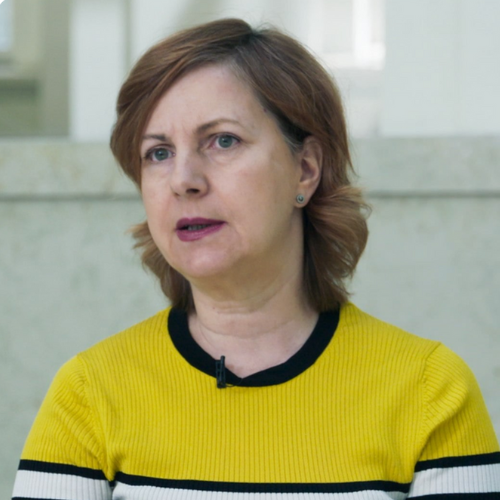As the first session focused on inclusive development, shared prosperity, and decent work, Roya Garayeva, President of the Women’s Committee of the Pan European Regional Council, emphasized the need to uphold and expand the principles of the Beijing Declaration.
Civil society from Europe and Central Asia mobilizes to advance progress on gender equality ahead of Beijing+30 anniversary
Date:

On May 30, 160 civil society representatives joined the first consultation to gather insights and recommendations that will inform the regional review process ahead of the thirtieth anniversary of the Beijing Declaration and Platform for Action (BPfA), which will be marked in 2025. Organized by the UN Women Regional Office for Europe and Central Asia (ECARO) and the Beijing+30 Civil Society Steering Committee, this consultation is the first in a series of subregional meetings preparing for the UNECE Regional Review Meeting in Geneva on October 21-22, 2024.
The year 2025 marks the thirtieth anniversary of the Fourth World Conference on Women and the adoption of the BPfA, the most progressive blueprint for advancing women’s rights. With this milestone approaching, the UN Women ECARO is launching new initiatives to reaffirm commitments, mobilize the public, and assess the progress made.
“Through this consultative process, we want to ensure the voices of women and girls from our region are heard loud and clear, especially those from marginalized groups and rural areas. Together, we seek to identify actions needed to push forward the gender equality and women’s rights agenda and accelerate the Sustainable Development Goals by 2030. Let us continue to advocate, collaborate, and achieve a successful regional review on this pivotal anniversary of BPfA,” said Yolanda Iriarte, Strategic Partnerships, Intergovernmental, and Engagement Specialist within UN Women ECARO.
The first consultation focused on two key themes of the BPfA: inclusive development, shared prosperity, and decent work; and poverty eradication, social protection, and social services.
Xeniya Udod, executive director of “FemAgora,” a Central Asian feminist organization and member of the Beijing+30 Civil Society Steering Committee, highlighted the crucial role of civil society in supporting the implementation of the Beijing commitments through global processes over the past 30 years.
"Today, ahead of its 30th anniversary, we are invited to assess the progress in implementing the Beijing commitments, discuss the challenges faced, and find ways to accelerate the implementation of the BPfA."

"We must invest in the care economy, ensure equal pay for equal work, and address gender-based violence. We will continue to advocate for policies and actions that prioritize these goals, creating a world where every woman can thrive in safety, equality, and dignity."

The consultation continued with guided discussions in breakout rooms where civil society representatives outlined regional and country-specific challenges, such as economic inequality, the gender pay gap, women’s access to finance and economic opportunities, social support systems and conflicts, and disaster management. The following best practices and recommendations were highlighted to address these challenges:
- Empowering women’s enterprises
- Ensuring equal access to education and training for women
- Supporting systems for women victims of violence
- Implementing gender-responsive strategies that support women from diverse backgrounds
- Increasing funding and support to civil society organizations
The second session focused on poverty eradication, social protection, and social services. Marija Babovic, professor at the University of Belgrade from Serbia, emphasized the need for gender-responsive poverty reduction policies, creative financing from diversified sources, and coordinated action from international financial institutions and organizations.
"We require gender-sensitive data on poverty and a paradigm shift in how paid and unpaid work are valued and supported, along with social protection measures. Stronger support for civil society, especially women's organizations, is crucial as they are currently under attack. These organizations must be empowered to advocate for more effective and transformative policies and to hold current and future governments accountable."

During the group discussions, the participants highlighted key general challenges, such as addressing violence against women through social protection services, investing in and improving social services, and improving data collection, particularly unemployment statistics and poverty transparency. Recommendations included:
- Enhancing and making social services more accessible
- Implementing better regulations to support sustainable daycare systems
- Establishing better taxation policies with redistribution schemes favoring those in need
As an immediate follow-up to this consultation, civil society representatives were asked to share their insights via an online survey to contribute to shaping future initiatives that empower women and promote lasting progress towards gender equality in the region.